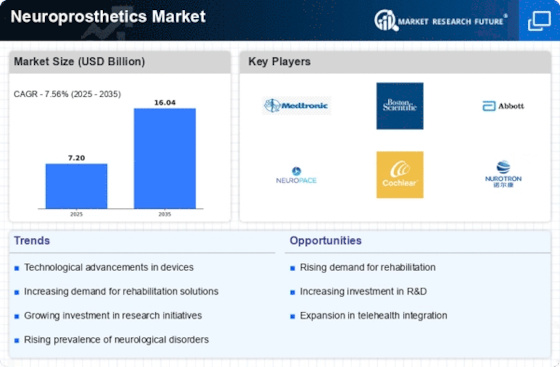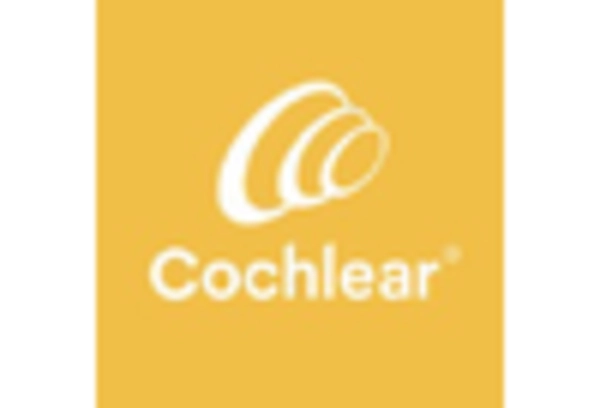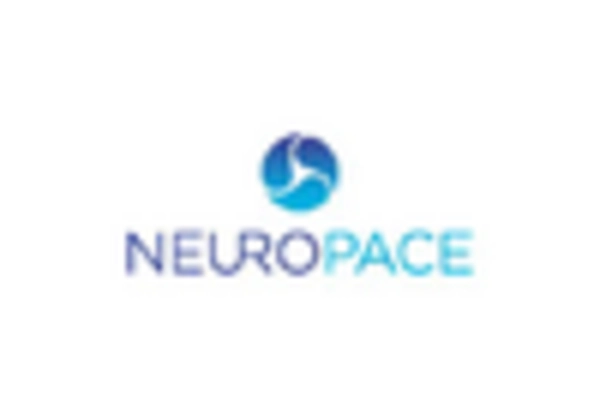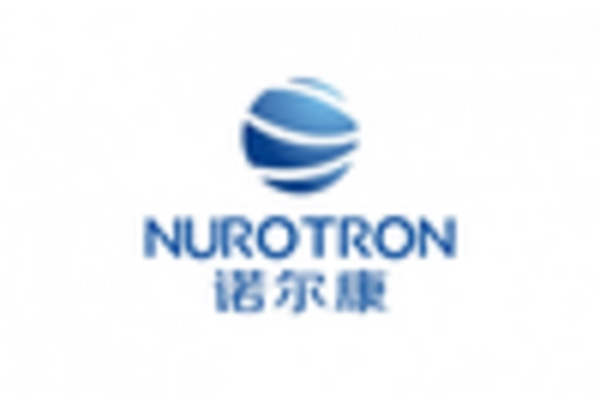Market Analysis
In-depth Analysis of Neuroprosthetics Market Industry Landscape
The global neuroprosthetics market is set to reach US$ 21.5 BN by 2030 at a 11.8% CAGR between years 2022-2030. The market is experiencing dynamic growth, fuelled by a rising incidence of neurological disorders such as Parkinson's disease, epilepsy, and spinal cord injuries. As these problems affect many people around the world, there is a growing need for new brain devices that help nerve function and improve life quality. Big steps in brain-computer interfaces (BCIs) are changing the field of neuroprosthetics. BCIs help the brain talk directly to outside equipment, letting people who can't move or have no arms use fake limbs easily. Improvements in signal processing and electrode technologies help make BCI work better. People are starting to use wearable brain devices more often, like exoskeletons and smart fake limbs. These tools give people with movement problems the freedom and ability to do things on their own. Smaller parts, better batteries and adding sensors help the growth of a part of wearable neuroprosthetics market. Putting more money into research and development is making neuroprosthetics better. Private and public money help make new brain helper tools. This brings tech companies, study places, and health workers together to work on these projects. Neuroprosthetics are now making important progress in helping restore our sense abilities. New gadgets that can be put inside the body are helping people with eye or ear problems to get back sight or hearing. This growth of brain-computer interfaces into sensory areas makes them more useful. The help from government actions and official rules is very important in making the market for brain-controlled devices. Rules that check the safety and usefulness of brain device tools, along with money programs for study and sale help make it easier to increase market size. Neuroprosthetics are being used more often in programs that help the brain heal. They make it easier for patients with injuries or problems related to their nerves to regain control over moving parts of their body. The use of brain-machine devices in recovery plans helps to make patients function better and feel happier. Even with technology getting better, problems still happen when making sure that brain devices stay reliable for a long time and work well in the body. Fixing problems like how long devices last, what materials work well together and lower chances of illness is still a big focus for makers and scientists. The market for brain-computer links is growing worldwide, with an increasing presence in different areas. As more people learn about using brain prosthetics, healthcare systems around the world are adding these tools to their treatment plans. This is making them more popular everywhere.



















Leave a Comment